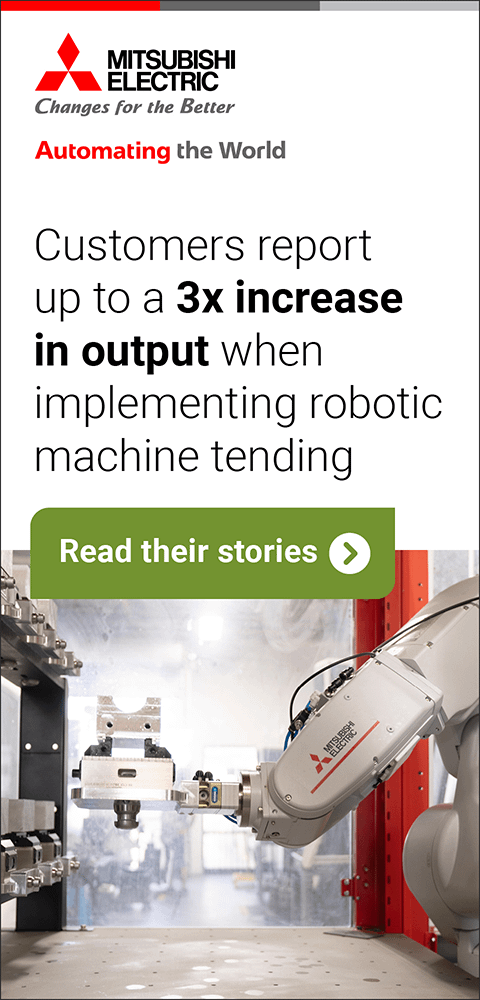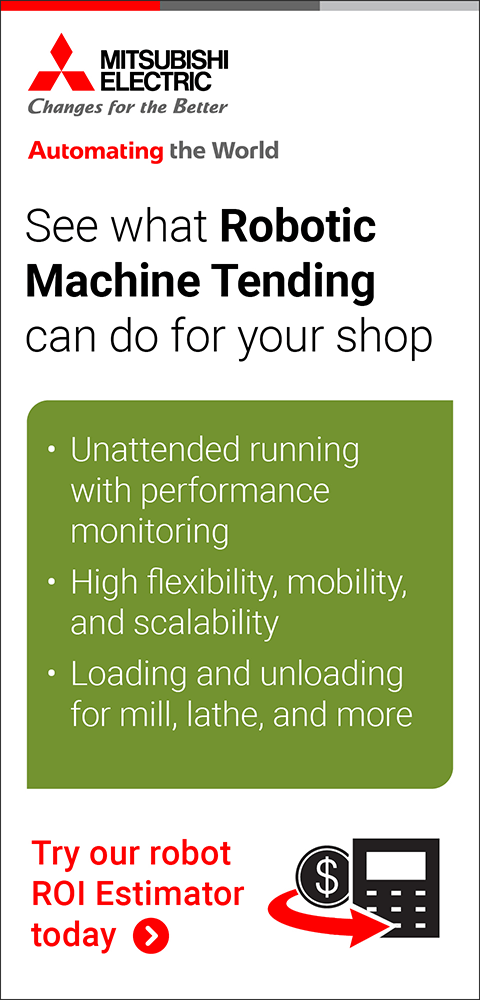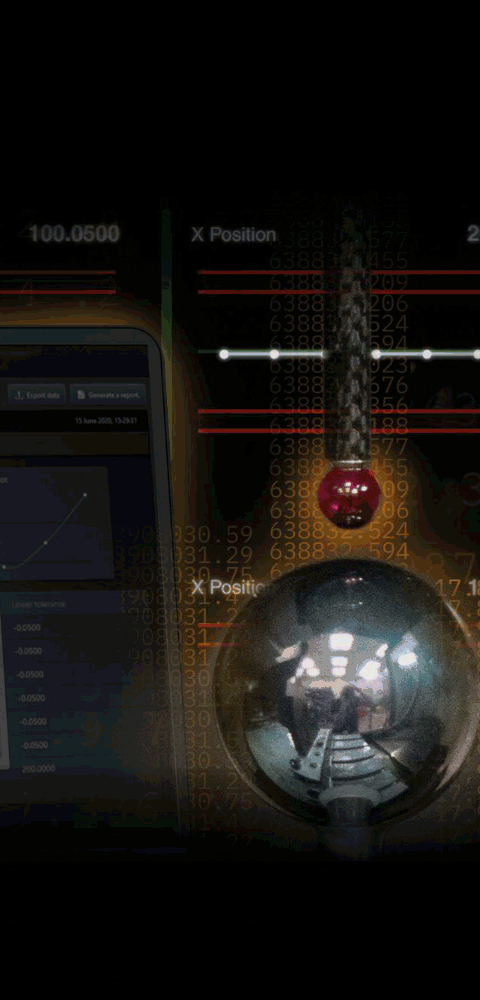






Application of CT Scanning for Metrology Involves Aluminum Casting
September 1, 2015
Josh Schradin, a 3D scanning specialist at Exact Metrology's Cincinnati facility, recently completed a CT scanning project involving aluminum castings measuring approximately 12" x 6" x 6" and weighing 10-15 lbs. "The company's new metrology grade GE v|tome|x 300 CT scanner, with nanofocus tube (180 kV/15 W) and microfocus tube (300 kV/500 W), is equipped to 'look inside' aluminum to a wall thickness or total amount of material of 6-7 inches, or steel to a wall thickness or total amount of material of 1 inch," said a company spokesperson.
The spokesperson stated that this was the first use of CT scanning for metrology in America. "For this particular job, the client was interested in wall thickness inspection as well as porosity and void analysis," said the spokesperson. "The blue paint visible in some of the images was applied by the customer to indicate stress areas where leaking or breaking was suspected. Schradin performed three stacked scans, each taking about 30 minutes, to capture the entire casting. The result of the scans revealed the voids (legitimate holes) and highlighted the most serious problem areas in red-to-pink shadings.
"In addition to offering the only method to get 3D views inside a part, another primary benefit of the Exact Metrology CT scanning is the true dimensional data provided in a non-destructive test manner, i.e., without cutting up or otherwise destroying the test object."
The workpiece (casting) was rotated 360° in the X-ray beam's path, with multiple readings from various angles being taken. Once the CT grayscale images were converted into voxel-based 3D point clouds, Schradin was able to generate a CAD-to-part comparison for the customer.
For more information contact:
Steve Young
President
Exact Metrology, Inc
11575 Goldcoast Dr.
Cincinnati, OH 45249
866-722-2600 / 513-831-6620
stevey@exactmetrology.com
www.exactmetrology.com
http://youtu.be/DfRV-JzFlUo
< back